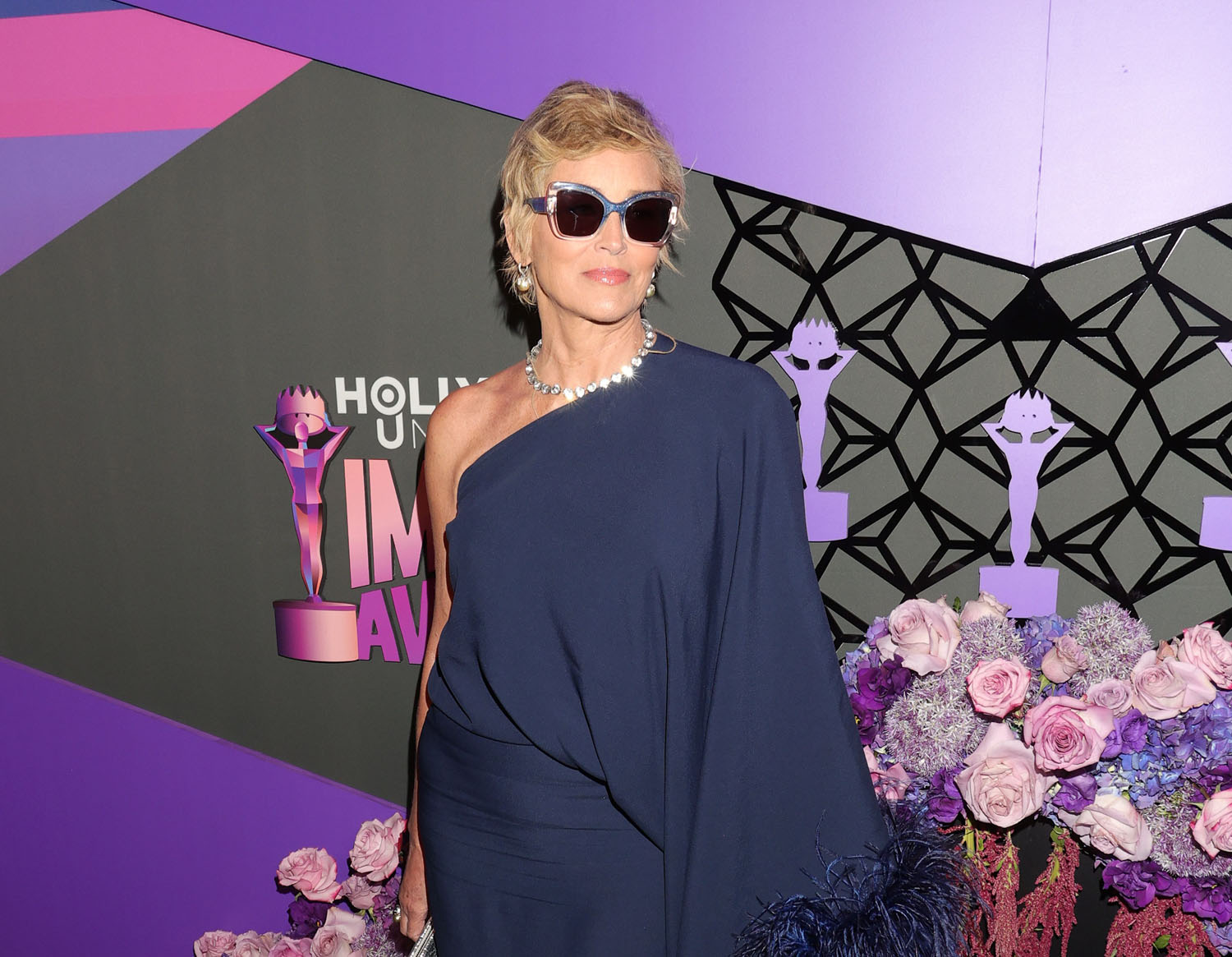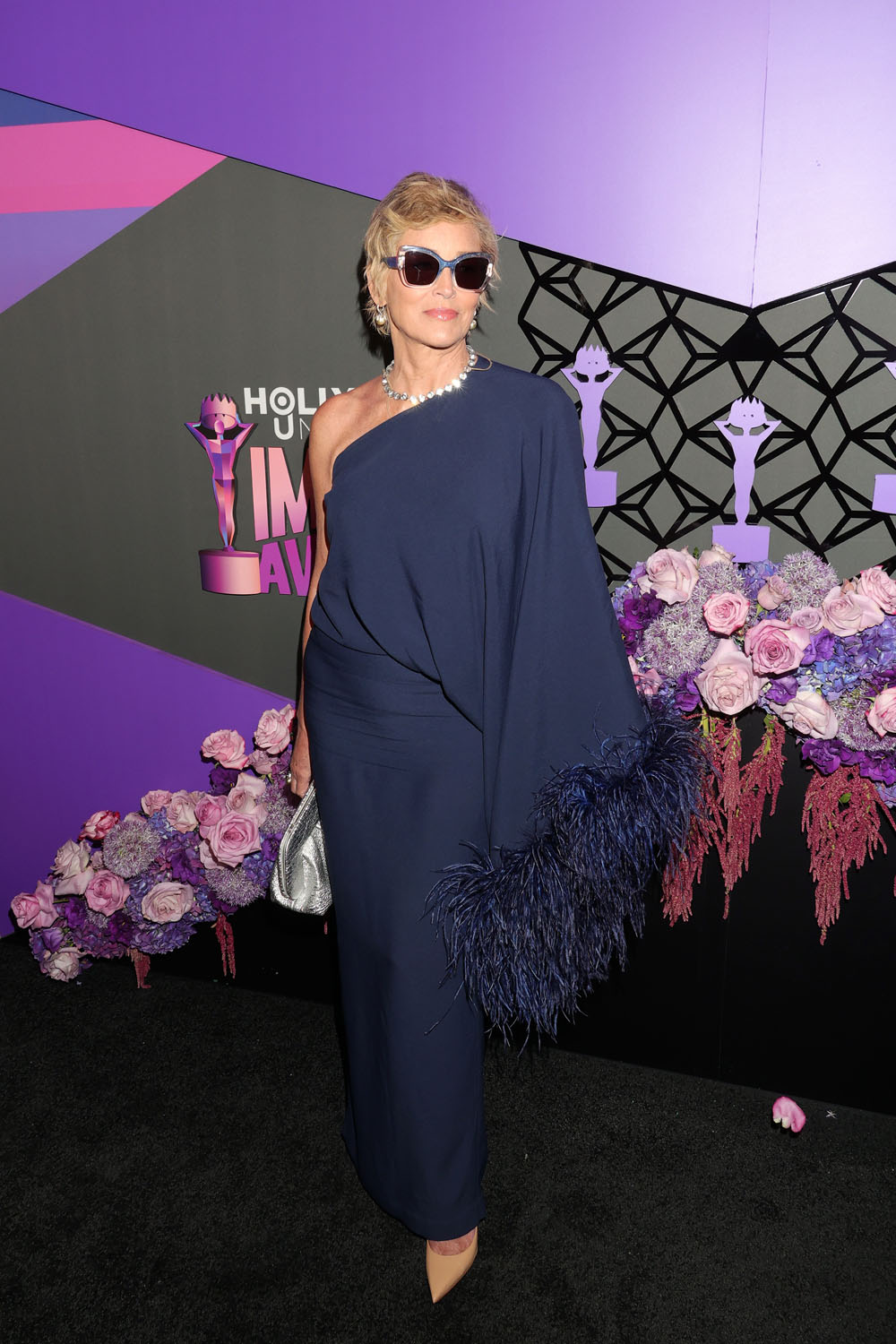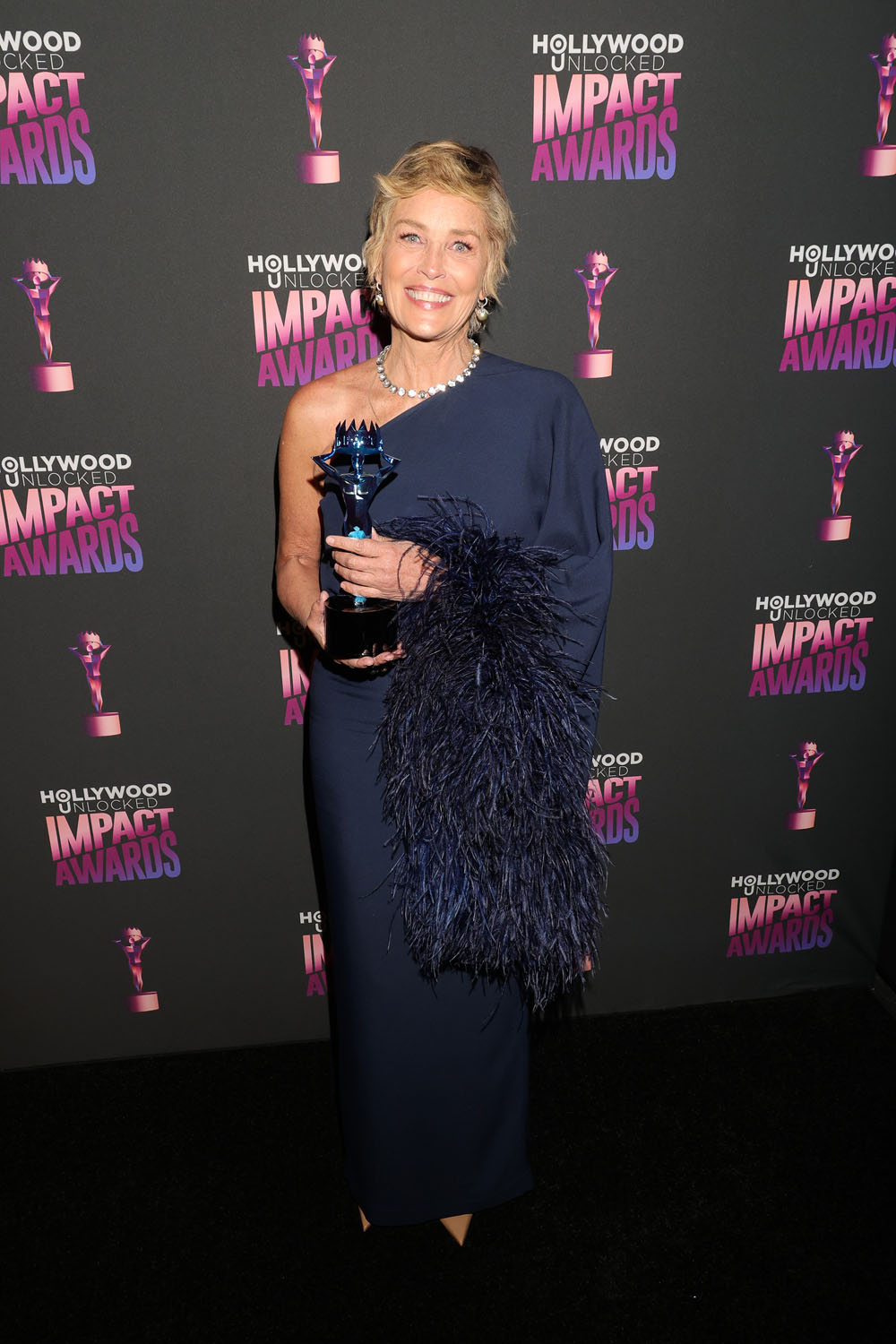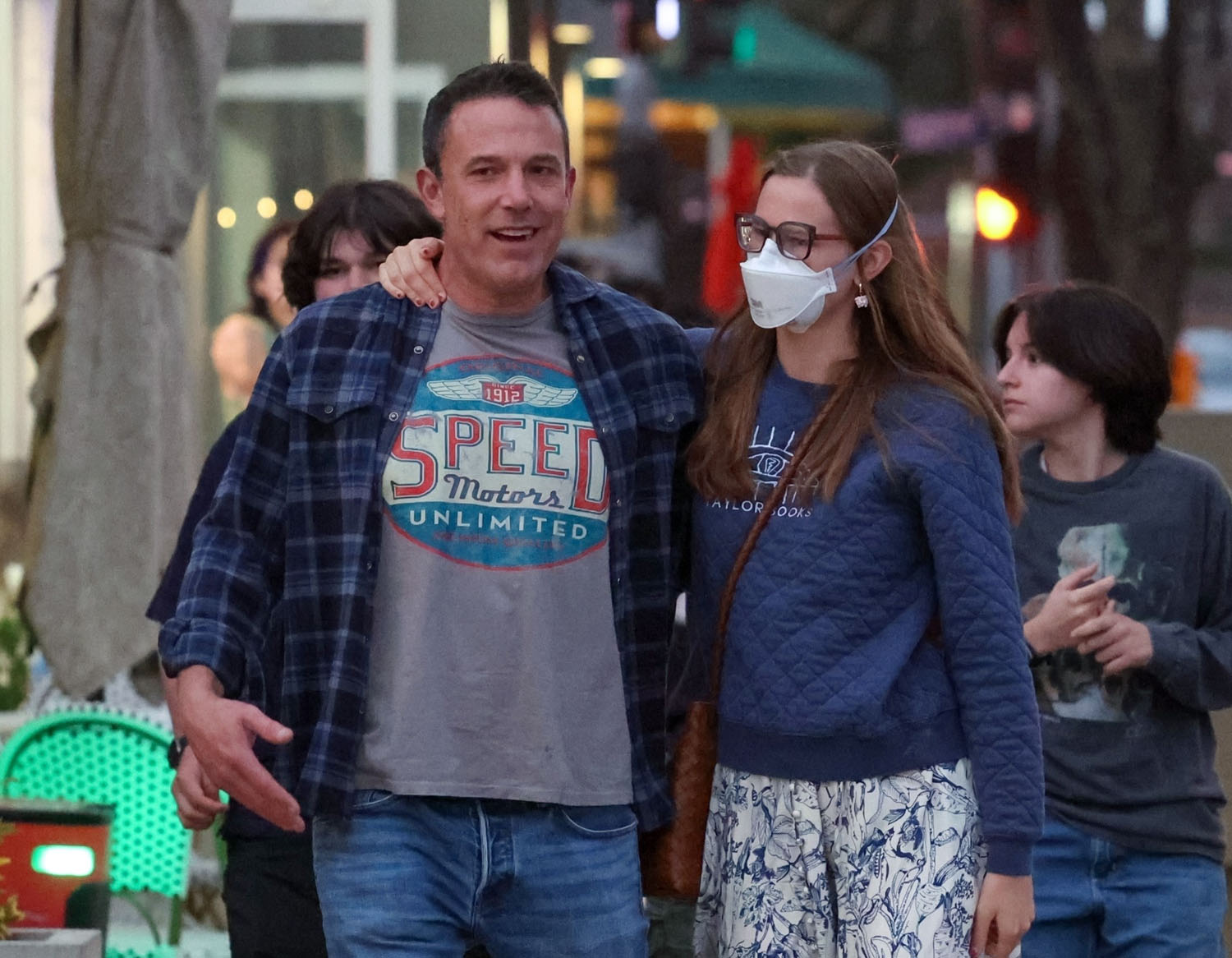Sharon Stone’s cautionary tale


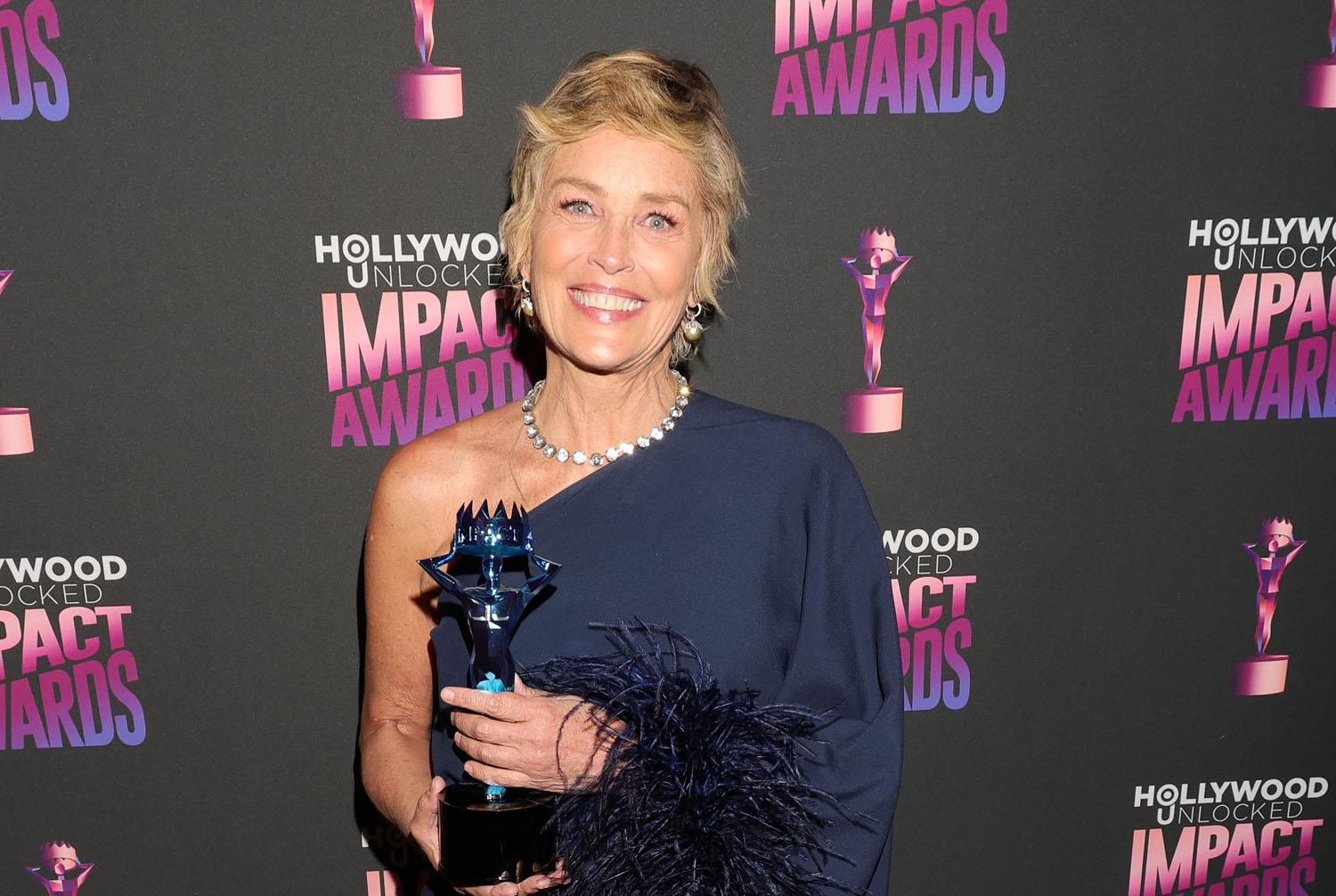
Sharon Stone reflected on her 2001 stroke in a recent interview with The Hollywood Reporter. In the interview, she opened up about how the brain bleed she experienced after her stroke, which lasted a full nine days, pushed her to step away from Hollywood and undergo a change in thinking.
Sharon described being told by a Buddhist monk that she had been reincarnated into her own body through her near-death experience, adding that her brain was no longer in the same position it was before.
“While that was happening, everything changed. My sense of smell, my sight, my touch. I couldn’t read for a couple of years. Things were stretched and I was seeing color patterns. A lot of people thought I was going to die.”
This isn’t the first time Sharon has talked about the impact her stroke had on her. She once spoke to PEOPLE about not being able to see properly and experiencing memory loss. She also said she would get “weird knuckle-like knots” on top of her head, likening the feeling of the knots to being punched.
And last year she spoke with Vogue, saying that at first, she chose to hide her disability, saying that she was afraid to go out, she didn’t want people to know, and that she was fearful no one would accept her.
In addition to what must have been a terrifying physical ordeal, Sharon said that what she was experiencing led her to being taken advantage of, saying she lost just about everything during her recovery.
“I had $18 million saved because of all my success, but when I got back into my bank account, it was all gone. My refrigerator, my phone — everything was in other people’s names,” she said. “I had zero money.”
But rather than be bitter, Sharon says staying positive is what’s kept her going all these years.
“I decided to stay present and let go,” she said. “I decided not to hang onto being sick or to any bitterness or anger. If you bite into the seed of bitterness, it never leaves you. But if you hold faith, even if that faith is the size of a mustard seed, you will survive. So, I live for joy now. I live for purpose.”
It’s clear that Sharon has experienced her fair share of devastation. And hearing her story is a reminder that financial or economic abuse doesn’t always look the way we think it might and that it really can happen to anyone, despite the tendency to assume that this kind of abuse happens mostly to the elderly or to women who are with abusive partners.
While that is true, Sharon’s case is still very notable, largely because she’s a famed white actress with millions to her name and doesn’t quite fit the profile of someone particularly vulnerable to being abused, outside of her recovery period, at least. So really, the fact that she was taken advantage of to the extent she was should serve as a stark reminder about the dangers for people that are even more susceptible to being financially abused than she is.
It's not to say rich white women don’t experience financial abuse, or any other kind of abuse for that matter. One of the most well-known cases of financial abuse was that of the late Brooke Astor, whose son, former ambassador Tony Marshall, and his attorney, Francis X. Morrissey, were the culprits. The pair was charged with conspiracy, grand larceny, possession of stolen property, forgery and a possession of a forged instrument.
It goes without saying that charges in cases like these are extremely rare and hard to come by. And sadly, that’s just another way that privilege, whether it’s tied to the race or financial status of the victim, can inform their experience of seeking justice, the mere pursuit of which also costs money.
According to the 2020 report Surviving Economic Abuse, 95% of women who experience domestic abuse also report experiencing economic abuse. And because Black women make up a disproportionate amount of domestic violence victims, it’s “reasonable to deduce that economic abuse disproportionately impacts Black women in terms of sheer numbers.”
This is something that Serena Williams spoke about back in 2017, adding her name to the cause in hopes that more people would become aware of the signs and perils of economic abuse, as well as learn more about what they can do to help victims.
Meseret Haileyesus, founder of the Canadian Centre for Women’s Empowerment says there are a lot of “hidden and very complex” challenges for non-white women who are facing economic abuse, and that “women of colour are disadvantaged by (economic abuse) for various socio-economic injustice factors.”
Much of that reasoning goes on to explain the difficulty a woman unlike Sharon might experience in her attempt to try and re-establish her financial resources, particularly in terms of securing employment, trying to find another place to live with credit damaged by an abusive partner, or trying to purchase a car. All of this would look wildly different for someone of Sharon’s status, even after having her accounts drained - and this likely had a lot to do with why she was able to move past bitterness and focus more on positivity.
While Sharon has claimed that she “lost her place in the business”, referring to her spot in Hollywood as the “hottest movie star” prior to her stroke, she’s still estimated to be sitting quite comfortably, and has had a few jobs since her stroke. This is all despite her revealing earlier this year that she had lost half of her fortune after the collapse of the Silicon Valley Bank and Signature Bank.
It's not a pissing contest to see who has it worse when it comes to abuse. Abuse is abuse and it’s awful. In fact, I think looking at the cases of women like Sharon, Brooke, and even Wendy Williams, whose sad case I wrote about here, is all very perspective-granting, in the worst way possible, of course. Because it paints the picture that no matter how little, or in Sharon and Brooke’s case, how much you have, it can happen to you, and though the experience may be different depending on your race and resources – we all need to be careful.


